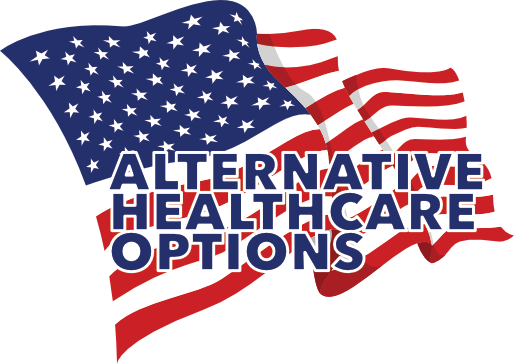Understanding how to qualify for Obamacare can make the process much more manageable. This blog will cover the eligibility requirements for Obamacare, the application process, and the benefits of this comprehensive health insurance program.
Understanding Obamacare Health Insurance
Obamacare, officially known as the Affordable Care Act (ACA), was enacted to provide more Americans with access to affordable health insurance. It aims to reduce the cost of healthcare and expand coverage to those who previously could not afford insurance. Understanding how Obamacare health insurance works is crucial for making informed decisions about your healthcare needs.
Eligibility Requirements for Obamacare
To answer the question, “how do I qualify for Obamacare?” it’s important to first understand the eligibility requirements for Obamacare. Here are the primary criteria:
1. Residency
To qualify for Obamacare, you must be a resident of the United States. This means that you must live in one of the 50 states or Washington D.C.
2. Citizenship or Legal Status
You must be a U.S. citizen or a lawfully present immigrant. This includes individuals who have a green card, are on a valid work visa, or have been granted asylum or refugee status.
3. Income Level
Your income plays a significant role in determining your eligibility for subsidies under Obamacare. The program uses the Federal Poverty Level (FPL) to assess whether you qualify for financial assistance. Generally, if your income falls between 100% and 400% of the FPL, you may be eligible for subsidies that lower your insurance premiums.
4. Lack of Access to Affordable Coverage
If your employer offers a health insurance plan that meets specific affordability and coverage criteria, you may not qualify for subsidies through Obamacare. The plan must cover at least 60% of total healthcare costs and the premium for the employee-only coverage must not exceed 9.5% of your household income.
5. Special Enrollment Period
While the open enrollment period typically occurs once a year, certain life events can qualify you for a special enrollment period. These events include marriage, the birth of a child, loss of other health coverage, or moving to a new state.
The Application Process for Obamacare
Once you understand the eligibility requirements for Obamacare, the next step is to apply. Here’s a step-by-step guide to the application process:
1. Gather Necessary Information
Before starting your application, gather all the necessary information. This includes Social Security numbers, income information, immigration documents (if applicable), and details about any current health insurance plans.
2. Create an Account
Visit the healthcare marketplace website and create an account. You will need to provide some basic information such as your name, address, and email.
3. Fill Out the Application
Complete the application by entering all the required information. This includes details about your household, income, and any current health coverage. Be sure to answer all questions accurately to ensure you receive the correct eligibility determination.
4. Review Your Eligibility
Once you submit your application, you will receive an eligibility determination. This will indicate whether you qualify for subsidies, Medicaid, or the Children’s Health Insurance Program (CHIP).
5. Choose a Plan
If you qualify for Obamacare health insurance, you will be able to compare different plans available in your area. Consider factors such as premium costs, coverage options, and out-of-pocket expenses when selecting a plan.
6. Enroll in a Plan
After choosing a plan, complete the enrollment process. You may need to provide additional documentation to verify your eligibility. Once enrolled, you will receive information about how to pay your premiums and start using your coverage.
Benefits of Obamacare Health Insurance
Obamacare health insurance offers numerous benefits that make it an attractive option for many Americans. Here are some key advantages:
1. Comprehensive Coverage
Obamacare plans must cover a set of essential health benefits. These include preventive services, maternity care, mental health services, prescription drugs, and emergency services. This ensures that you have access to a broad range of healthcare services.
2. Financial Assistance
Many individuals and families qualify for subsidies that reduce the cost of premiums and out-of-pocket expenses. These subsidies are based on your income and are designed to make health insurance more affordable.
3. No Denial for Pre-existing Conditions
Under Obamacare, insurance companies cannot deny coverage or charge higher premiums based on pre-existing conditions. This ensures that everyone has access to necessary healthcare, regardless of their health status.
4. Preventive Care
Obamacare places a strong emphasis on preventive care. Many preventive services, such as vaccinations, screenings, and annual check-ups, are covered at no additional cost. This helps catch health issues early and promotes overall well-being.
5. Children’s Coverage
Obamacare allows children to stay on their parents’ health insurance plan until the age of 26. This provides young adults with continued coverage during a critical period of their lives.
Understanding how to qualify for Obamacare involves knowing the eligibility requirements, the application process, and recognizing the benefits of this health insurance program. Whether you are seeking coverage for yourself or your family, Obamacare provides a viable solution for accessing affordable and comprehensive healthcare.

